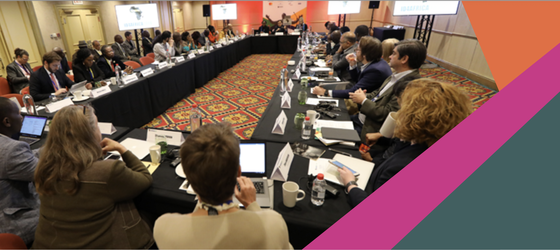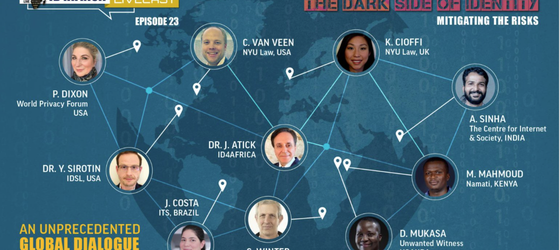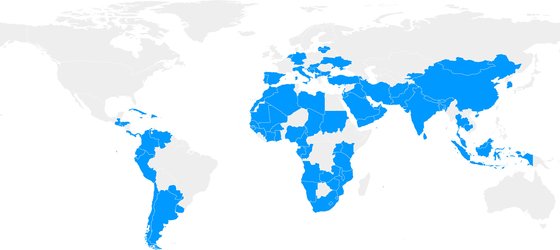WPF advises NIST regarding synthetic content and data governance
WPF filed comments with the US National Institute of Standards and Technology regarding its draft governance plan regarding synthetic content. WPF's comments focused on 7 recommendationsWPF's comments focused on 7 recommendations ranging from technical to policy issues. One overarching recommendation was that NIST ensure that human rights were attended to in all of its plans. Additional recommendations include requesting that NIST attend to the risks of digital exhaust in metadata, ensure that biometric data is included in the guidance, among other recommendations.






